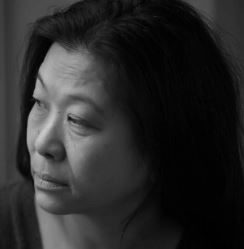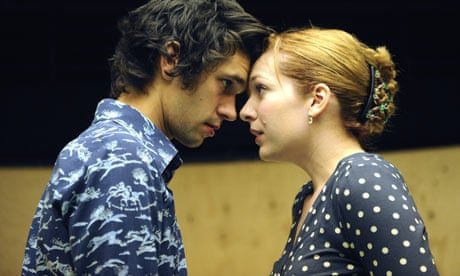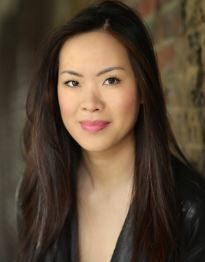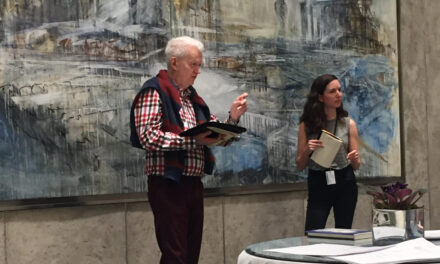As we come to the end of 2018, it feels like it’s been a stand-out year for diaspora East and South East Asians in cinema, with the behemoth that is Crazy Rich Asians continuing to break records, and John Cho’s Searching also hitting number 1 in America.
Here in the UK, plays by British East Asians have been few and far between, but in the last few years, the number has increased steadily. This year Daniel York Loh’s play Forgotten 遗忘 was at the Arcola Theatre, Alissa Anne Jeun Yi’s Love Songs played at the Edinburgh Fringe, Francis Turnly’s The Great Wave ran at the National Theatre, Amy Ng’s Acceptance was on at Hampstead Theatre, In-Sook Chappell’s Mountains toured the UK, and Jingan Young’s Pokfulam Road Productions ran its third Foreign Goods night at the Arcola in January, showcasing 10 new short pieces.
Foreign Goods was an essential introduction to the British East Asian theatrical community, and, edited by Jingan Young, a collection of full plays, short plays, and monologues from a selection of those British East Asian writers was published earlier this year.
Here, book contributors Julie Cheung-Inhin, Lucy Sheen, Tan Suet Lee, Cathy Lam, and Jingan Young talk about the plays that have had the greatest impact on their lives.
I think the piece of theatre which most changed my life would be Arthur Miller’s The Crucible. I was 15, my school was putting on the play, and I decided to audition on a whim. At the risk of perpetuating stereotypes I was, until then, studious, conscientious, and reserved, but my audition brought something out that surprised me (and probably my teachers!). When offered the role of Betty I fully indulged myself playing the little one and learned so much about the joy of working with other actors to bring something to life. Most of all I loved what the experience taught me: that the whole is greater than the sum of its parts.
–Julie Cheung-Inhin
For me, there are two that stand out: Peter Brooks, The Mahabharata, in 1985. White Woman Street by Sebastian Barry, in 1992. Brooks’ production of Mahabharata was like nothing I had ever seen. Not only was it an epic, but it combined movement and actors of color in ways that I had not seen before on a British stage. There have been productions with actors of color in the UK, of course, but not in this manner and not on this scale.
 White Woman Street by Sebastian Barry was a play written in a manner and using a poetry of language that I just fell in love with. It’s something that has obviously stayed with me and surfaced when I started writing professionally in 2010. –Lucy Sheen
White Woman Street by Sebastian Barry was a play written in a manner and using a poetry of language that I just fell in love with. It’s something that has obviously stayed with me and surfaced when I started writing professionally in 2010. –Lucy Sheen
After a number of years in the corporate world, I decided to reinvent myself and attend an acting class. At the end of the course, I was invited to act in a play called Kundabuffer, written by a Singaporean playwright. The writing was in-your-face, real and raw. From that play, I realized it wasn’t acting that interested me, but playwriting. –Tan Suet Lee
The play that changed my life is Our Town by Thornton Wilder. Writing for me is like putting pieces of life together with ink, the more you write the more you remember; life is full of details that needs our full attention. My favorite line in the play is: EMILY: “Do any human beings realize life while they live it… every, every minute?” It says all. –Cathy Lam
The play that changed my life is Mike Bartlett’s Cock, which I was lucky enough to see at the Royal Court Theatre starring Ben Whishaw, Katherine Parkinson, and Andrew Scott. Bartlett manages to underscore his plays with such urgent political or social subject matter through sharp wit, humor and sensitivity–all the while, maintaining a sense of narrative structure in such a minimal and visceral setting. I still love reading it.
– Jingan Young
This article was originally published by Oberon Books on December 14, 2018, and has been reposted with permission.
This post was written by the author in their personal capacity.The opinions expressed in this article are the author’s own and do not reflect the view of The Theatre Times, their staff or collaborators.
This post was written by Oberon Books .
The views expressed here belong to the author and do not necessarily reflect our views and opinions.



















